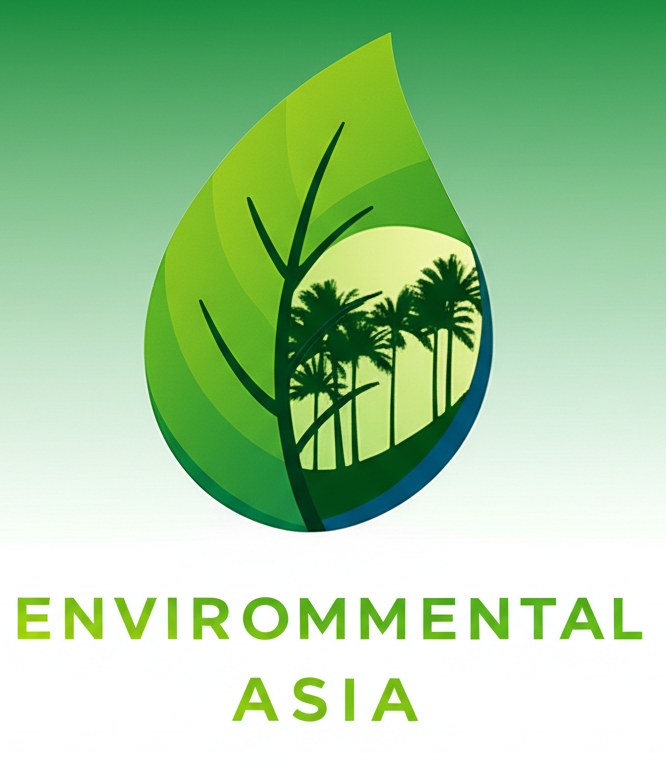Consolidated and compiled By Happy Tarumadevyanto | Independent Consultant | Environmental Asia| happy.devyanto@environmental.asia
Forest certification has emerged as a vital component of environmental governance, especially in the forestry sector. In Indonesia, where vast tropical rainforests are among the nation’s most valuable natural assets, forest certification plays a central role in ensuring sustainable forest management. As one of the world’s largest forested countries, Indonesia’s forests are not only essential for national economic development but also for maintaining global ecological balance. These forests are rich in biodiversity, act as carbon sinks, and support the livelihoods of millions of people, particularly Indigenous Peoples and rural communities.
Indonesia’s tropical rainforests are considered a global treasure. They are home to thousands of endemic plant and animal species and provide essential ecosystem services such as water regulation, soil protection, and climate moderation. These forests also have a significant cultural and spiritual value for many communities. However, despite their importance, Indonesia’s forests face serious challenges from deforestation, illegal logging, and unsustainable land use practices, often driven by agricultural expansion and extractive industries.
In the national economic context, forestry is a vital sector. While mining and palm oil may dominate the headlines as Indonesia’s leading commodities, timber and other forest products remain highly valuable. The forest sector contributes to employment, regional development, and export revenues. To sustain these benefits and to ensure that forest resources remain productive in the long term, certification has become an increasingly important strategy.
Forest certification is a voluntary process that evaluates forest management practices against a set of environmental, social, and economic standards. Certification schemes like the Forest Stewardship Council (FSC) and Lembaga Ekolabel Indonesia (LEI) have become essential tools for verifying responsible forest practices. They provide assurance to consumers and markets that products originate from well-managed forests. Certified forest products are increasingly in demand, particularly in eco-sensitive markets in Europe and North America, where buyers require assurance that sourcing does not contribute to deforestation or violate human rights.
The benefits of forest certification are multifold. Environmentally, it encourages the conservation of biodiversity, the protection of water resources, and the prevention of soil degradation. Socially, it promotes respect for Indigenous rights, labor rights, and equitable benefit-sharing. Economically, it enhances market access and price premiums for certified wood products. For companies, it improves operational efficiency, legal compliance, and reputation.
Moreover, forest certification in Indonesia is aligned with the country’s broader climate commitments, such as reducing emissions from deforestation and forest degradation (REDD+), and supporting the global agenda for sustainable development. As international attention intensifies on the sustainability of supply chains—particularly in the wake of policies like the European Union Deforestation Regulation (EUDR)—certification becomes not only a voluntary choice but also a strategic necessity.
In conclusion, forest certification in Indonesia is more than a label—it is a pathway to balancing conservation and development. It strengthens forest governance, promotes transparency, and ensures that Indonesia’s invaluable forest resources can continue to support both people and the planet for generations to come.










